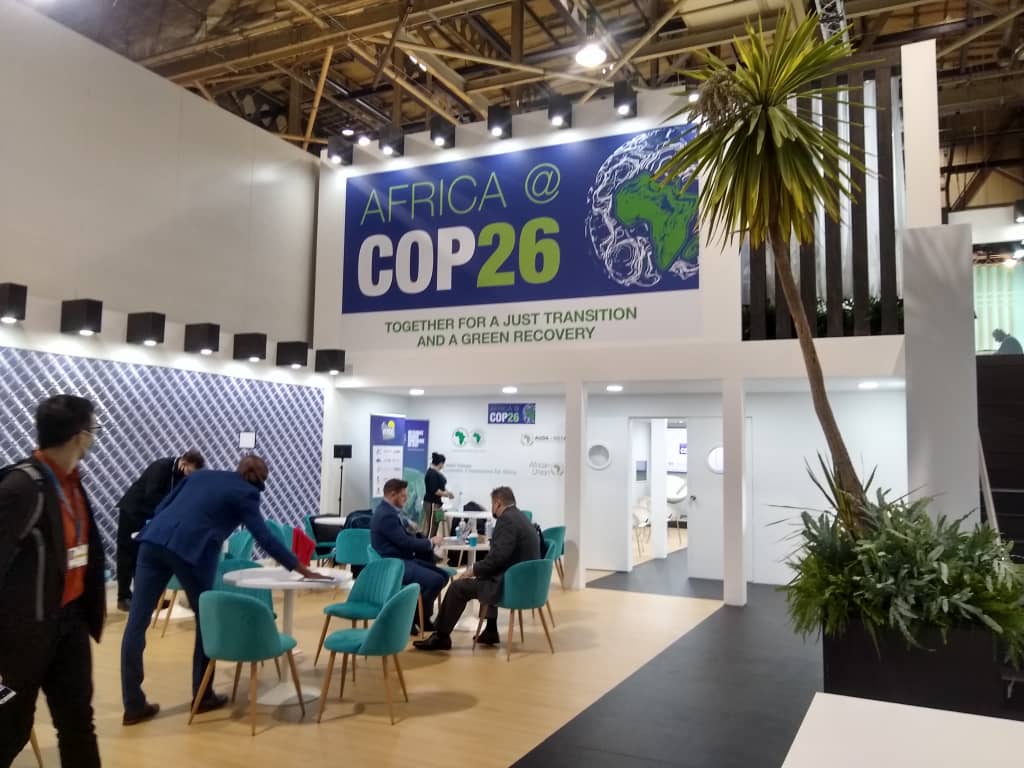The mission of the Fashion Industry Charter for Climate Action is to drive the fashion industry to net-zero greenhouse gas emissions no later than 2050, in line with the goal of keeping global warming below 1.5 degrees Celsius.
Since the launch of the charter in 2018, 130 companies and 41 supporting organisations have committed to climate action.
The Charter provides a framework for stakeholder dialogue and engagement on climate action.
This is an important milestone for the Fashion Charter, as it increases the ambition level in an effort to align the industry with 1.5 degrees.
It is a signal that we need to work closely together with our peers, our supply chain, policymakers, and consumers to get on the track to net-zero,” says Stefan Seidel of PUMA, who Co-Chairs the Fashion Industry Charter Steering Committee.
Further commitments in the updated Charter include sourcing 100% of electricity from renewable sources by 2030, sourcing of environmentally friendly raw materials, and phasing out coal from the supply chain by 2030 among others.
Fashion Charter signatories collectively represent a significant proportion of the fashion industry. There are currently 130 companies and 41 supporting organisations that have signed the Fashion Charter including some of the well-known brands such as Burberry, H&M Group, VF Corporation, Adidas, Kering, Chanel, Nike, and PUMA as well as suppliers such as Crystal Group, TAL Apparel and others.
The renewed Charter also calls for creating incentive mechanisms for supplier engagement in decarbonisation pathway as well as outlines measures to engage other stakeholders who will need to play their part, including policymakers, financial institutions, and communicators.
The Charter lays out a plan to jointly develop and implement a collective decarbonisation strategy with the practical tools necessary to deliver on the Charter greenhouse gas emission reduction targets;
“In a time when the climate crisis is accelerating to unprecedented levels, we need the real economy to lead on climate action. The strengthened commitments of the fashion charter signatories is an excellent example of such leadership,” said Niclas Svenningsen, Manager of Global Climate Action at the UN Climate Change.
The new Charter will be presented later today at COP26, in a session exploring how to pivot the fashion industry to a net-zero pathway, the opportunities and barriers to decarbonisation, and the existing solutions that can be scaled and accelerated.
During the event, a call for policies to incentivize the use of traceable and environmentally friendly materials was issued.












































